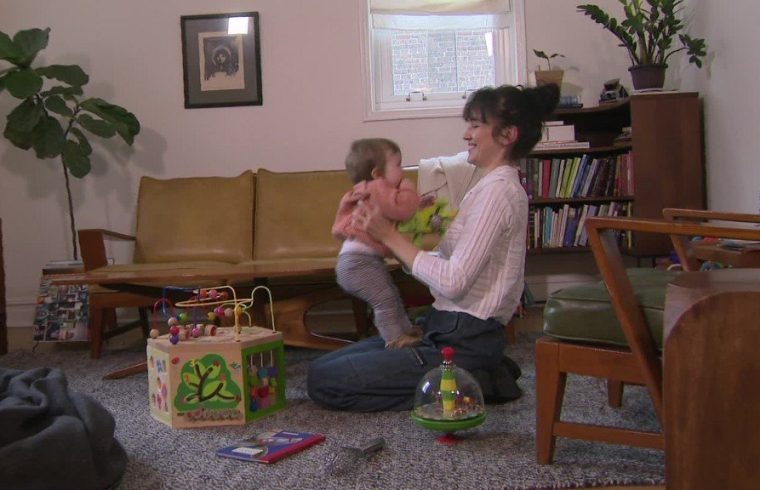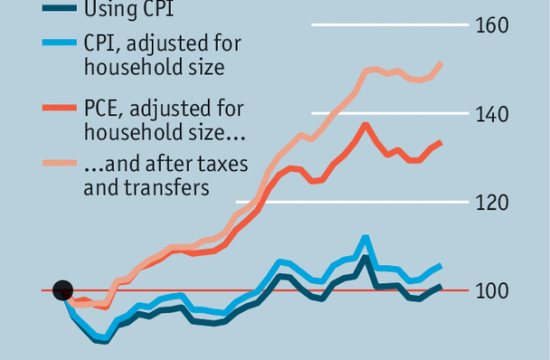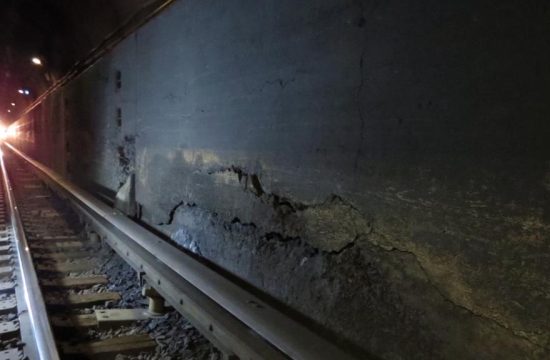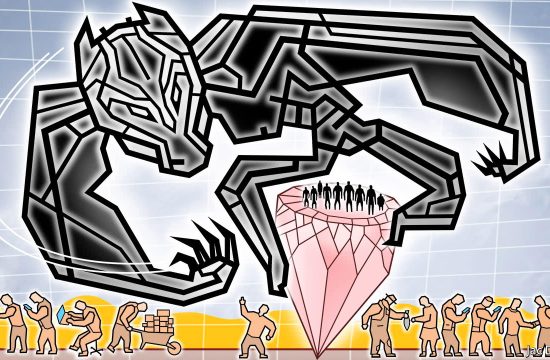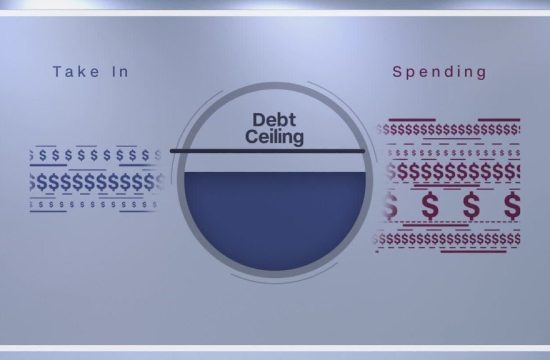
Unlike some employers, the government in South Korea’s capital city wants its staffers to work less, not more.
And it’s going as far as turning off the lights and shutting down employees’ computers to stop them from staying late.
Starting this week, authorities will turn off the power at Seoul City Hall by 8 p.m. each Friday to discourage employees from working overtime at night. In May, the shutdown will move forward to 7 p.m.
Working long hours is a way of life in South Korea, where it’s common to start early in the morning and finish late at night. Japan is also wrestling with the social consequences of overwork.
South Korean employers are often reluctant to give staffers too much time off at once, even if they’re entitled to it, said Dr. Ijin Hong, a professor of welfare state research at Yonsei University in Seoul.
Related: Japanese reporter died after clocking 159 hours of overtime
Government employees in particular are known for their punishing schedules. In South Korea, they work roughly 1,000 more hours per year than the average in other developed nations, according to a government survey released in January.
By introducing the shutdown on Friday evenings, the Seoul government hopes to set an example for companies to do more to promote a sense of work-life balance, said Hojin Choi, a spokesperson for the city’s government.
Enforcing the new routine may be easier said than done. The government had previously pushed for lights to be turned out at 6 p.m. on Fridays, but that led to a lot of requests for exemptions, it said.
This latest measure of turning off staffers’ computers goes a step further. And unlike before, the government says it will no longer approve any exceptions or requests for overtime work past the cutoff time.
Hong, the Yonsei University professor, applauded the campaign, saying she thought it would be effective in helping curb workers’ hours.
“This is really unprecedented,” she said.
Related: A Japanese company is coughing up $ 21 million in unpaid overtime
Recently, the issue of overwork has become a hot topic in the country. President Moon Jae-in has promised to cut working hours and even gave workersan extra public holiday last year.
Unlike in the past, “it’s becoming more acceptable to point out that there are problems” in the nation’s work culture, Hong said.
But Seoul’s Friday night shutdown is likely to be a largely symbolic move unless companies start advocating foremployees’ rights to shorter hours while demonstrating that they can still be productive and profitable, she added.
At City Hall, Choi said that most workers have welcomed the change, though some were worried that they wouldn’t be able to finish their work on time.
There is concern, she added, that people will simply take their work home.
— Sol Han contributed to this report.
